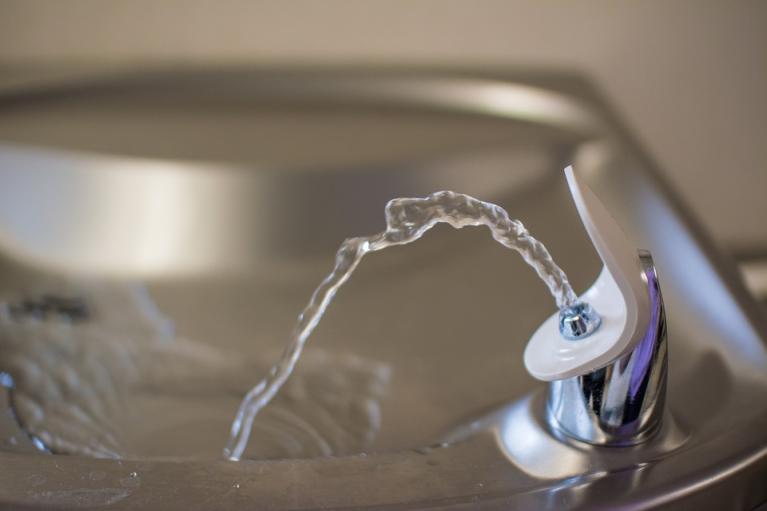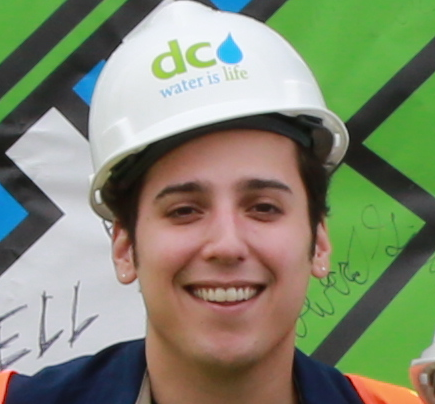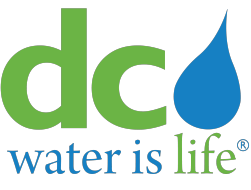DC Water advises flushing building plumbing systems with fresh water before resuming normal operations

-Building plumbing systems can experience water quality issues after periods of little-to-no water use
-CDC and other experts have provided guidance for building managers and operators
DC Water is advising commercial building operators to flush their plumbing systems with fresh water before resuming normal operations. Many businesses and buildings have been closed or operating at reduced capacity to limit the spread of coronavirus (COVID-19) in accordance with Mayor Bowser’s Order requiring the closure of non-essential businesses in the District. The Mayor has extended the order through June 8, but the flushing guidance still applies.
Any water left stagnant in building plumbing systems can degrade in quality and safety, potentially causing water discoloration and elevated levels of lead and other contaminants. Bacteria like Legionella and other microbes can also grow in building pipes and fixtures during periods of little-to-no water use.
The U.S. Centers for Disease Control and Prevention (CDC) has issued updated guidance to ensure the safety of building water systems and end-use devices after a prolonged shutdown. Additional guidance for those who are responsible for maintaining building water systems has been developed by experts at the Environmental Science, Policy & Research Institute (ESPRI) and AH Environmental Consultants, Inc.
Mayor Bowser has formed a ReOpen DC Advisory Group which has developed recommendations on reopening the District safely and sustainably. When building managers prepare to reopen businesses, schools, childcare facilities, offices, hotels, campuses, and other public buildings, they should consider following this guidance to replace stagnant water in their building plumbing systems with fresh drinking water from DC Water’s distribution system.
DC tap water remains safe and unaffected by coronavirus (COVID-19). There is no evidence COVID-19, the disease caused by the coronavirus can survive in treated drinking water. The same disinfectants, like chlorine, that make the water safe to drink, are effective against COVID-19. DC’s drinking water has two stages of disinfection during the water treatment process before it is distributed to the city. The first stage is free chlorine and the second is chloramine; both are very effective at killing viruses. Additionally, residual disinfection levels throughout our pipe distribution system remain at effective levels to keep the water clean and safe.
“We are proud to continue providing clean, safe drinking water to our city,” said David L. Gadis, CEO and General Manager of DC Water. “We remain ready to support our customers when Mayor Bowser determines it is safe to begin reopening the District.”
More information and guidance for commercial buildings can be found at dcwater.com/water-quality-commercial.
For updates on the District’s response to COVID-19, visit coronavirus.dc.gov.
###







